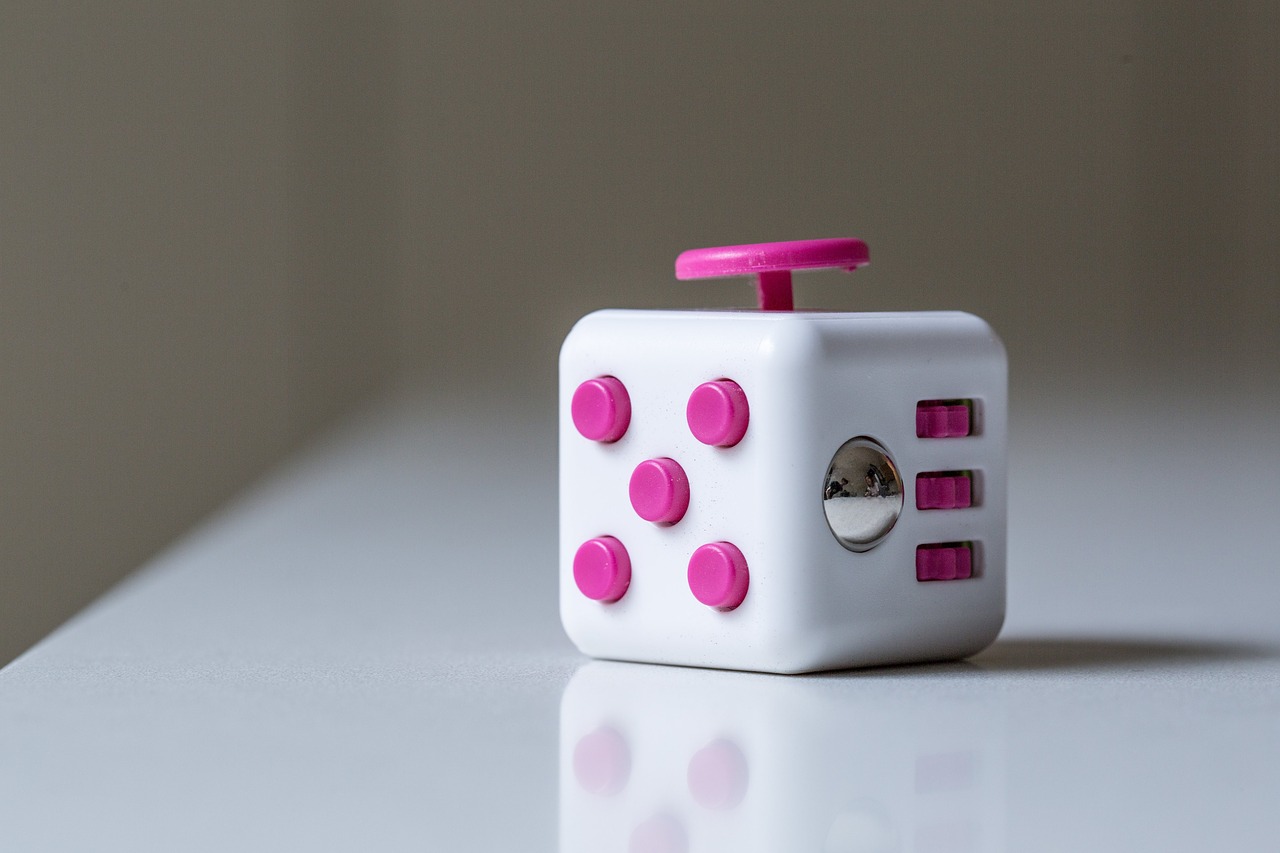Game therapy is one of the most effective ways to deal with autism in children as it helps in supporting vital motor functions. For the first few years of the life of a kid with autism, playing with educational toys is the best way to express their feelings and adapt to their surroundings. Of course, buying educational toys for children with autism isn’t easy as these children often don’t show the same symptoms and have differing difficulties, and not all educational toys are supported by a special education group. Because of this, choosing the right educational toys for autistic kids with sensory issues is of high importance to special education.
Using Educational Toys for Training
It is important for activities to include sensory toys so children with autism can enhance their imagination and to more effectively get their attention. Keep in mind that the choice of games and toys for children with autism are slightly different among other children because of the additional need for sensory integration. While the needs of each child are different, and often the expectations as well, the sensory toy is required for children with special needs to train fine and gross motor skills.
The goal is to promote playing games and learn vital skills instead of self-motivated behavior which is often observed as a part of autism. Toys that reduce this kind of behavior should be a priority, so parents and/or guardians of said children should also be aware of which toys to choose. Let’s take a quick look at some engaging options.
Visual Aid
Toys like flashlights, wheels, light bars, magnets, fidget toys, puzzles, writing surfaces, blasters (toy guns), and magnifying glass have different properties in common. They often have bright colors and some of them can rotate. These draw the eyes of autistic children and they help them view their hands in action when playing with these toys, which provide visual stimulation.
Auditory Processing
Children with autism who attempt to sing by muttering, snapping their tongue, or clicking their fingers on objects are the most suitable for autism toys where auditory processing is a focus. Sound puzzles, whistles, radio, bells, talking toys, music boxes, and toy instruments offer support on auditory processing.
Touch Stimulation
There are children with autism who often pinch themselves and put fingers in their mouths. To lower motor delays, toys like puppets, fish hooks, and toy instruments like flutes should be a good choice.
Body Movement Stimulation
Children with autism who put their bodies in rather unnatural shapes, walk on their toes or walk by bending their heads aside need toys like farm animals, wagons, hammocks, swings, and pretty much anything they can ride on.
Educational autism toys and games are very instrumental to the development of kids with autism who exhibit sensory issues. Making these toys part of their growing years will make the process of learning fundamental life skills an enjoyable experience.









